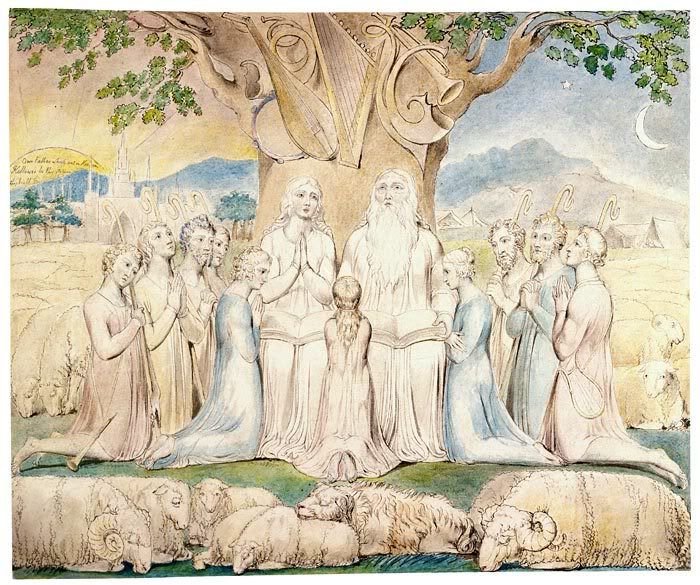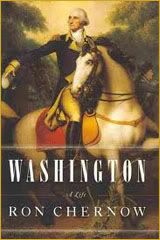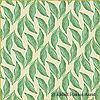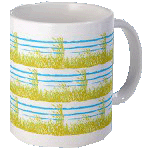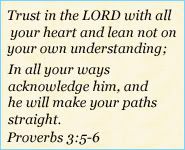 |
From Buffalo Jeans website
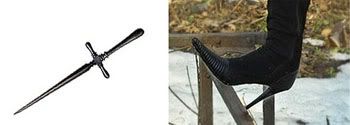 |
Right: A stiletto heel
[Images from Wikipedia
under "stiletto" and
"stiletto heel"]
In my previous post "The Sexy Escape," I analyzed the store Buffalo Jeans, well, its jeans, and especially the short short jeans. I posted a image from the store's website of a model in full gear, with what I called "power stilettos."
After I posted the article, I looked up the spelling of "stiletto" in my word processor (Word 2010), just to make sure! I had the correct spelling, but this is what I found for synonyms for "stiletto" in my word processor spell check:
A. Word 2010 synonyms for "stiletto":
Blade
Breadknife
Dagger
Penknife
Switchblade
Scalpel
Table knife
Carving knife
Then I went to dictionary.com for more synonyms (my dictionary could have it wrong!) and here's what I found.
B. Dictionary.com synonyms for "stiletto":
1. a small dagger with a slender tapered blade
2. a sharply pointed tool used to make holes in leather, cloth, etc
3. spike heel , Also called: stiletto heel a very high heel on a woman's shoe, tapering to a very narrow tip
Then I went to dictionary.com's thesaurus section.
Dictionary.com thesaurus section, synonyms for "stiletto":
Under a series of possibilities it has:
Dagger
Point
Weapon
C. Merriam Webster definition for "stiletto":
1: a slender dagger with a blade thick in proportion to its breadth
2: a pointed instrument for piercing holes for eyelets or embroidery
3: stiletto heel; also : a shoe with a stiletto heel
And under "origin for stiletto" it has this:
- Italian, diminutive of stilo stylus, dagger, from Latin stilus stylus
D. Merriam Webster thesaurus section, synonyms for "stiletto":
Of course, the right way to look up this fashion element is under "stiletto heel" of which Wikipedia informs me:
A stiletto heel is a long, thin, high heel found on some boots and shoes, usually for women. It is named after the stiletto dagger, the phrase being first recorded in the early 1930s.But it has weaponry origins. The designers, and namers of the stiletto seemed to be quite clear about their reference!
I called the Buffalo Jeans stilettos "power stilettos" instinctively. Such high heels, without lowering them to the level of the woman who takes off her shoe to combat an assailant, have their weaponry power in more subtle ways.
I've written about modern women and power in my article "Going to the Other Side", where I analyze a Lanvin fashion shoot in Vogue. I write that there is a (re)surgence of the goddess, through our own cultural iconic female, Eve:
The women are not interested in seducing the men, despite their provocative, aggressively female dress and posture, but in subduing them.
